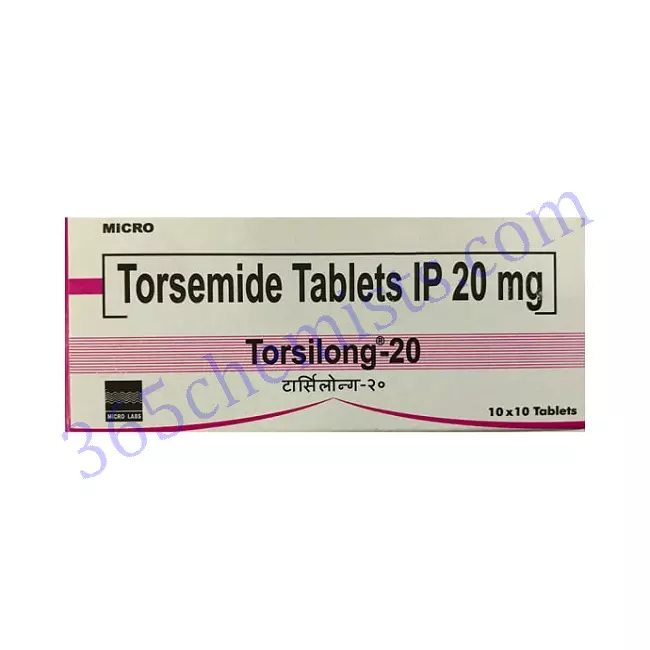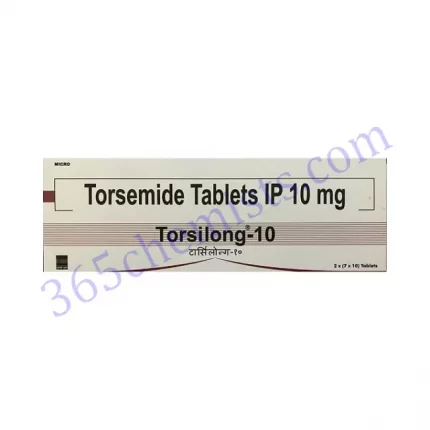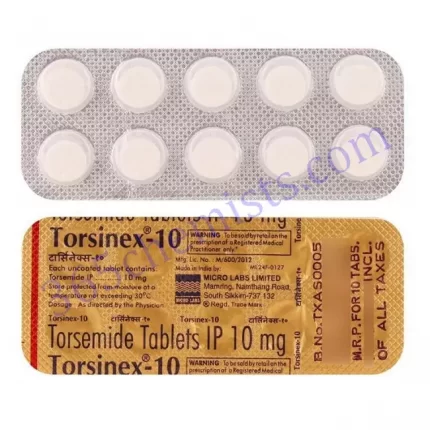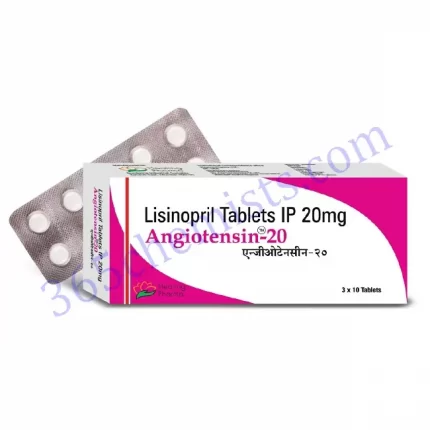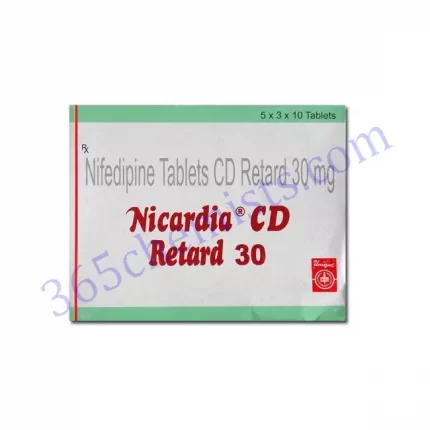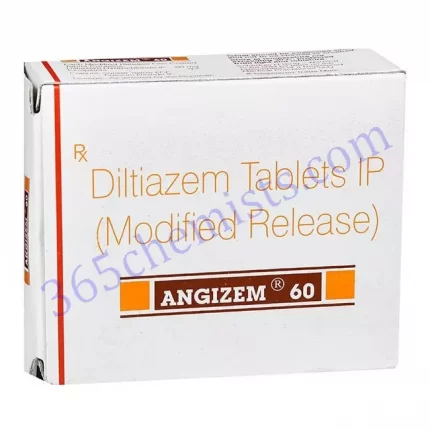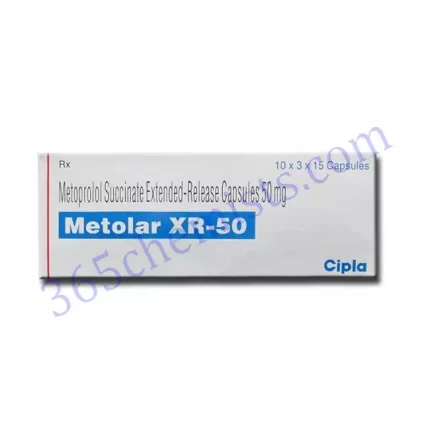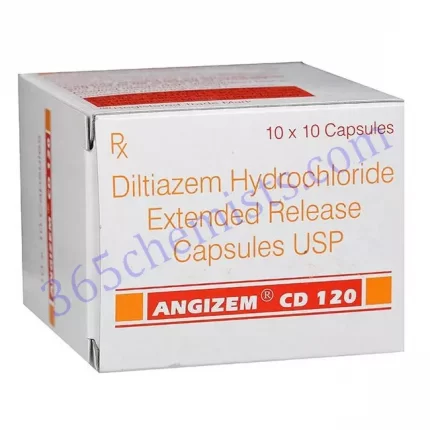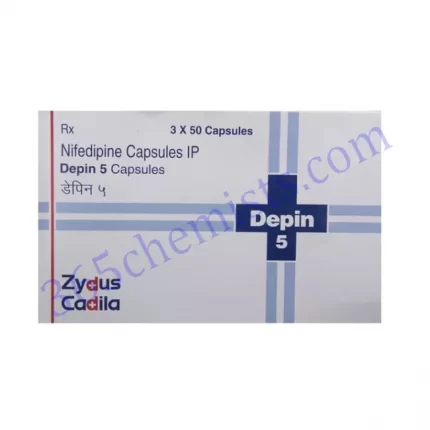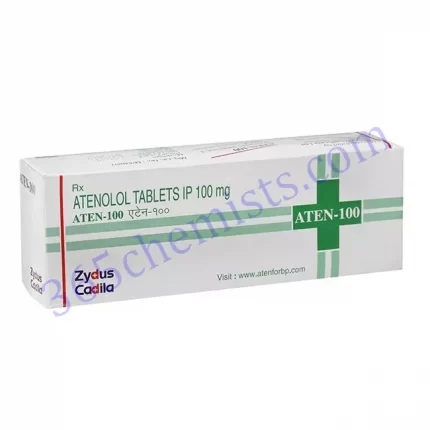Torsilong 20mg Tablet (Torasemide 20mg): A Potent Diuretic for Effective Fluid Management
Loop diuretics are the type of medication that Torsilong 20mg Tablet belongs to. This loop diuretic is very popular among patients. Its active ingredient is torasemide, which aids in the management of fluid retention (edoema) that can be caused by a variety of medical conditions. Patients who are suffering from conditions such as congestive heart failure, liver cirrhosis, and kidney disorders are given this medication as a prescription by medical professionals. Torsilong 20mg Tablet is formulated to provide effective diuretic action and promote the elimination of excess water and salt from the body. This is accomplished through the use of a formula that contains the active ingredient torsiloside.
Overview of Torasemide:
Torsemide, the primary component of Torsilong 20mg Tablet, is a powerful diuretic that achieves its effects by inhibiting the reabsorption of sodium and chloride ions in the kidney tubules. This results in increased water and salt loss from the body. This mechanism increases the amount of water that is excreted, which leads to an increase in urine production and a reduction in the amount of fluid that accumulates in the body. Torasemide is an excellent option for the treatment of fluid retention in patients because, in comparison to other loop diuretics, its effects continue to work for a longer period of time.
Clinical Indications:
Torsilong 20mg Tablet is most commonly recommended for the treatment of a variety of conditions in which fluid accumulation is associated with an increased risk to the patient’s health. In the treatment of congestive heart failure, a condition in which the heart is unable to pump blood effectively and effectively, leading to fluid retention, it is a common medication to be prescribed. In addition, the Torsilong 20mg Tablet is helpful in the treatment of liver cirrhosis, which is a chronic disease of the liver that causes impaired liver function as well as fluid retention. In renal disorders such as nephrotic syndrome and chronic renal failure, where fluid retention can occur due to impaired kidney function, it is also indicated.
Dosage and Administration:
It is possible for the recommended amount of Torsilong 20mg Tablet to change depending on the age of the patient, the patient’s current medical condition, and the patient’s reaction to the treatment. It is of the utmost importance to strictly adhere to the dosage and administration instructions that have been prescribed by a medical professional. Adults should begin treatment with 20 milligrammes (mg) once daily, preferably in the morning. This is the recommended starting dose. It is possible to adjust the dosage depending on how each individual patient reacts to the medication; however, the maximum daily dose of 80 mg should never be exceeded. The 20 mg tablet of Torsilong should be swallowed whole with a full glass of water, either with or without food.
Related Product
Torsilong 10mg Tablet
Torsilong 20mg Tablet
Precautions and Warnings:
Before beginning treatment with the Torsilong 20mg Tablet, it is essential to think about the various precautions and warnings that come with the medication. It is possible that people who have a history of being hypersensitive to torasemide or any of the other inactive ingredients contained in the formulation should not take this medication. Patients who have a previous history of an allergy to sulfa should only be given it with extreme caution because of the possibility of cross-sensitivity reactions. Electrolyte imbalances, such as low potassium levels (also known as hypokalemia) or low sodium levels (also known as hyponatremia), could be the result of taking the Torsilong 20mg Tablet. During treatment, it is recommended that levels of electrolytes be monitored on a regular basis. When used in women who are pregnant or breastfeeding, the use of the Torsilong 20mg Tablet should be carefully evaluated by a qualified medical professional.
Potential Side Effects:
Torsilong 20mg Tablet, just like any other medication, has the potential to cause certain adverse effects; however, not everyone will experience them. Increased urination, dry mouth, dizziness, headache, and muscle cramps are among the most frequently reported adverse effects of this medication. These adverse effects are, in most cases, relatively mild and transient. It is recommended that immediate medical attention be sought in the event that any adverse effects continue or become more severe. Allergic reactions, severe dizziness, hearing loss, and irregular heartbeat are some of the less common but more serious adverse effects that may occur. In these kinds of situations, prompt medical attention is required without question.
Drug Interactions:
Interactions between medications are common, and the Torsilong 20mg Tablet could make other drugs less effective or raise the risk that they will have unwanted side effects. It is of the utmost importance to provide the healthcare professional with information regarding any and all medications, including vitamins, herbal supplements, and over-the-counter drugs, that are currently being taken. There is a possibility that the nonsteroidal anti-inflammatory drugs (NSAIDs), angiotensin-converting enzyme inhibitors (ACE inhibitors), potassium-sparing diuretics, and certain antibiotics will interact with the Torsilong 20mg Tablet. The qualified medical professional will evaluate any possible interactions, then make any necessary adjustments to the treatment plan.
Conclusion:
Torsilong 20mg Tablet, which treats fluid retention caused by a variety of medical conditions, contains the active ingredient torasemide and is a useful medication for managing this condition. Edoema is alleviated and general health is improved as a result of its powerful diuretic action, which assists in the elimination of excess water and salt from the body. On the other hand, it is absolutely necessary to take the medication exactly as directed, including adhering to all of the precautions and warnings that come with it. Maintaining consistent monitoring and open lines of communication with a healthcare professional will both maximise the therapeutic benefits and reduce the likelihood of undesirable effects.

